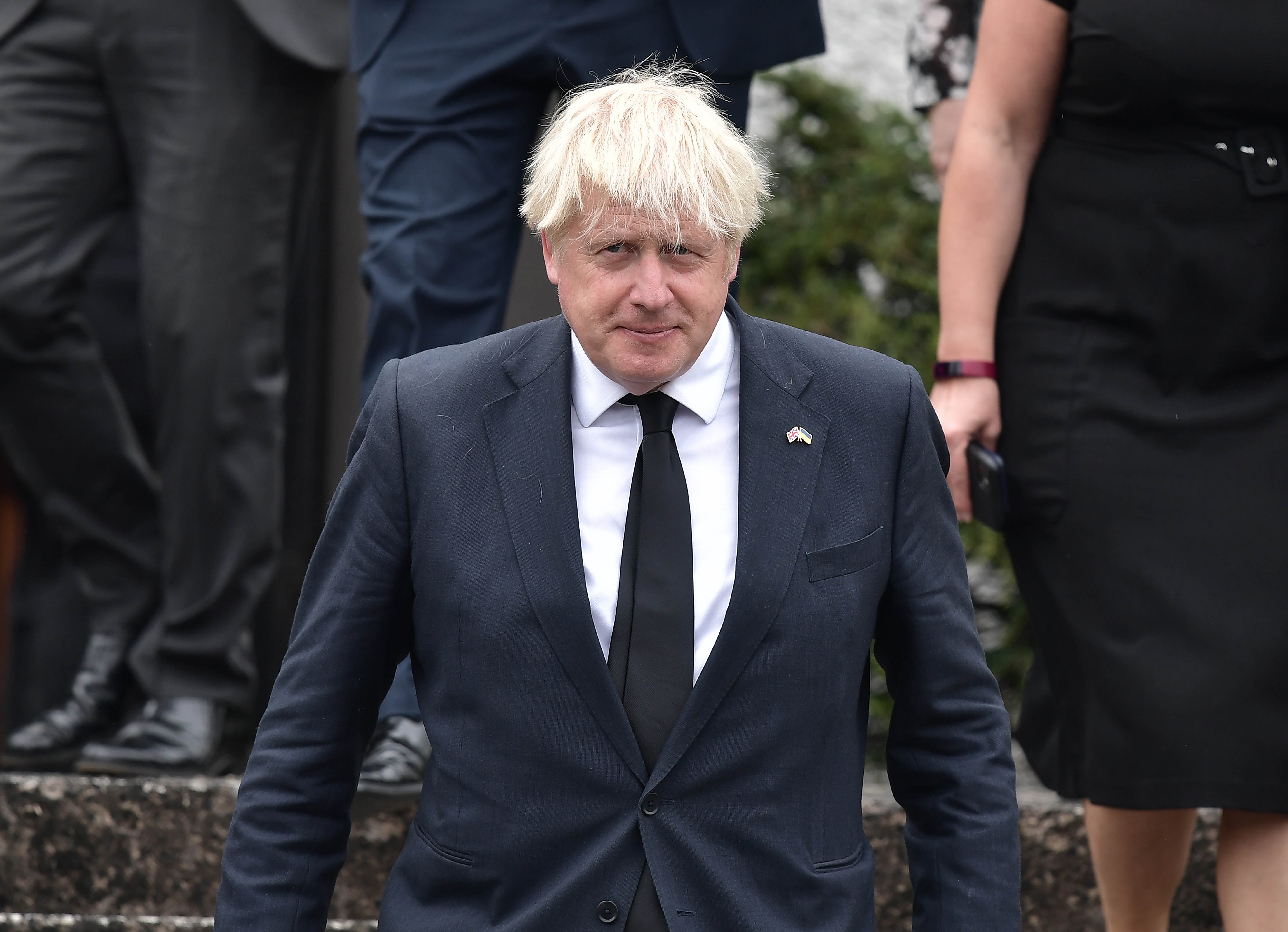Are some partisan newspapers harming our democracy?
As long as enough quarters of the press keep behaving like active political agents, there will be little impetus for politicians to willingly submit themselves to scrutiny, writes Marie Le Conte


On Sunday, cabinet minister Nadine Dorries tweeted about parliament’s Partygate probe, calling it a “witch hunt” and “the most egregious abuse of power witnessed in Westminster”. Rarely one for understatement, she said the investigation, conducted by a group of MPs, “will cast serious doubt not only on the reputation of individual MPs sitting on the committee, but on the processes of parliament and democracy itself”.
Fellow minister and MP-turned-peer Zac Goldsmith, meanwhile, called the probe “clearly rigged” and “an obscene abuse of power”. If only they would tell us how they really feel.
As a reminder, the investigation will be conducted by the Commons privileges committee, which is made up of seven MPs, including four Conservative ones. The House of Commons passed a motion in April asking for them to look into whether Boris Johnson had misled parliament over Partygate allegations.
It went through without a division. Minister Michael Ellis said, at the time, “we are happy for the Labour motion to go through, if that is the will of the House”. These are the facts. If Dorries and Goldsmith were unhappy about it all, they could have voiced their concerns earlier. Well, or they could have chosen to back a prime minister whose moral failings didn’t lead to his own resignation, but perhaps that is asking too much of them.
Still, it has been jarring to watch government ministers react so hysterically at the mere prospect of basic scrutiny and accountability. Can they not see how ridiculous, how undignified they look? Clearly they cannot, and it feels worth wondering why that is.
Luckily, it is quite easy to hazard a guess: you just need to look at the papers. In a leader column arguing for the probe to be axed, the Mail on Sunday said, in a typically magnanimous fashion: “You might have thought that the prime minister’s enemies would have been content to have driven him from Downing Street in spite of his huge electoral mandate, his great popularity and his long list of solid achievements in office.
“We urge MPs, and especially Tories who have even more reason to know better, to step down from this futile, misconceived tribunal and so bring it to an end.”
Not to be outdone, the Daily Express said today that “the removal of Boris will be seen as a historical turning point on par with the selling out of Czechoslovakia in 1938, the Suez Debacle of 1956 or the catastrophic signing of the European Communities Act of 1972.”
Other newspapers are available, of course, but in this context, it doesn’t really matter. As long as enough quarters of the press keep behaving like active political agents, there will be little impetus for politicians to willingly submit themselves to scrutiny.
There should be issues on which right and wrong are objective, but it isn’t currently the case. Newspapers like the Mail and the Express are partisan before they are fair, and the people they cover are aware of this. Dorries and Goldsmith can afford to screech because they know at least some editors will have their backs.
To keep up to speed with all the latest opinions and comment, sign up to our free weekly Voices Dispatches newsletter by clicking here
They have a shared interest – in this case, the protection of Johnson’s legacy – and will fight together to defend it. It is a problem for the country at large, as politicians being adequately held accountable is crucial in a functional democracy, but is perhaps even worse for those very politicians.
Just as close friendships occasionally need some tough love so that both parties can gradually become better people, newspapers and MPs becoming slavishly loyal to one another does them both a disservice.
Boris Johnson has not been popular with the public for a long time now, and his supporters in both parliament and Fleet Street must reckon with that. It is frustrating watching them keep each other in denial, but it won’t last much longer.
They may not be ready to move on quite yet but the rest of the country is. Their shared bubble must be comfortable for now, but one day it will pop and there is nothing even they can do to stop it.
Join our commenting forum
Join thought-provoking conversations, follow other Independent readers and see their replies
Comments
Bookmark popover
Removed from bookmarks